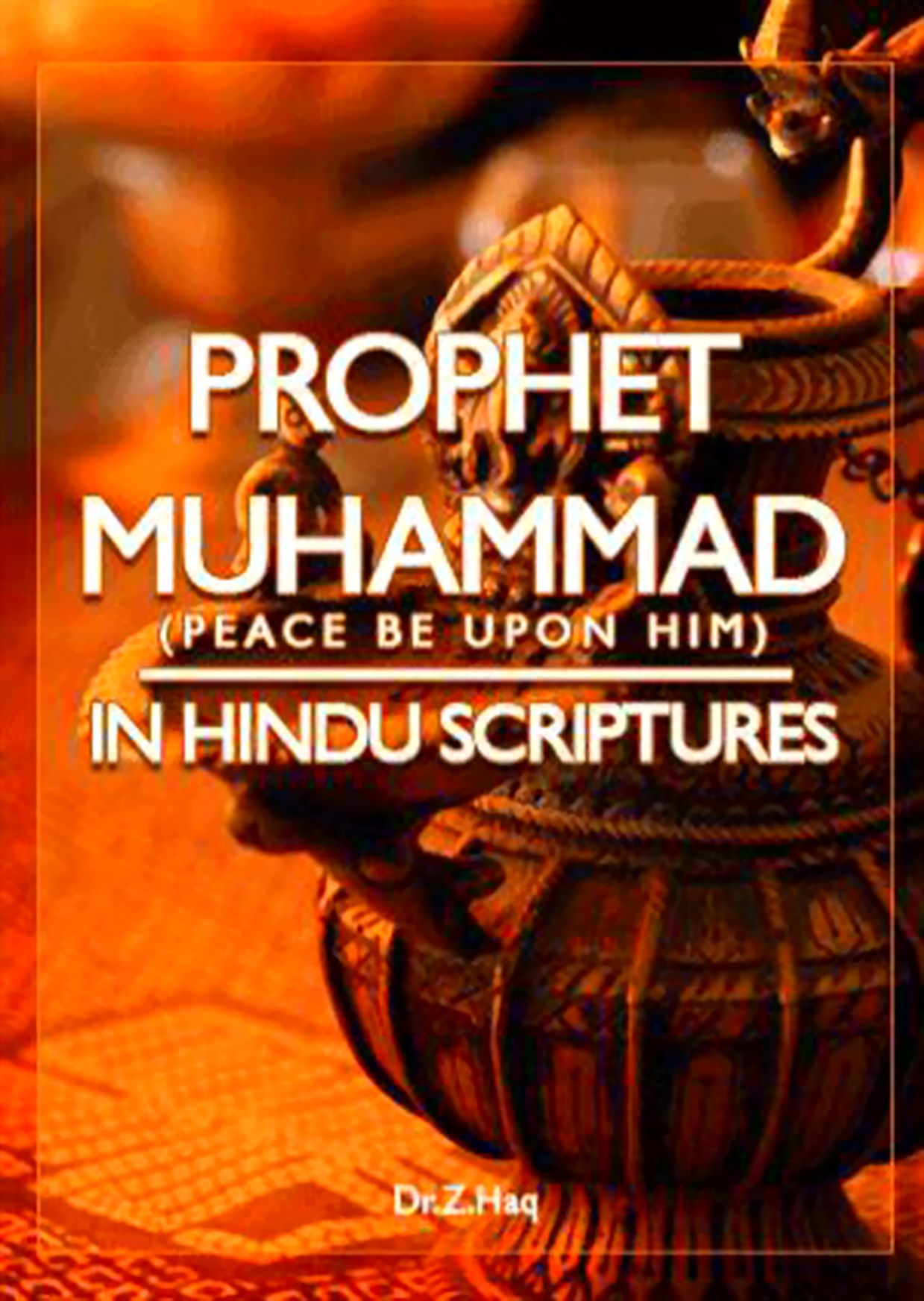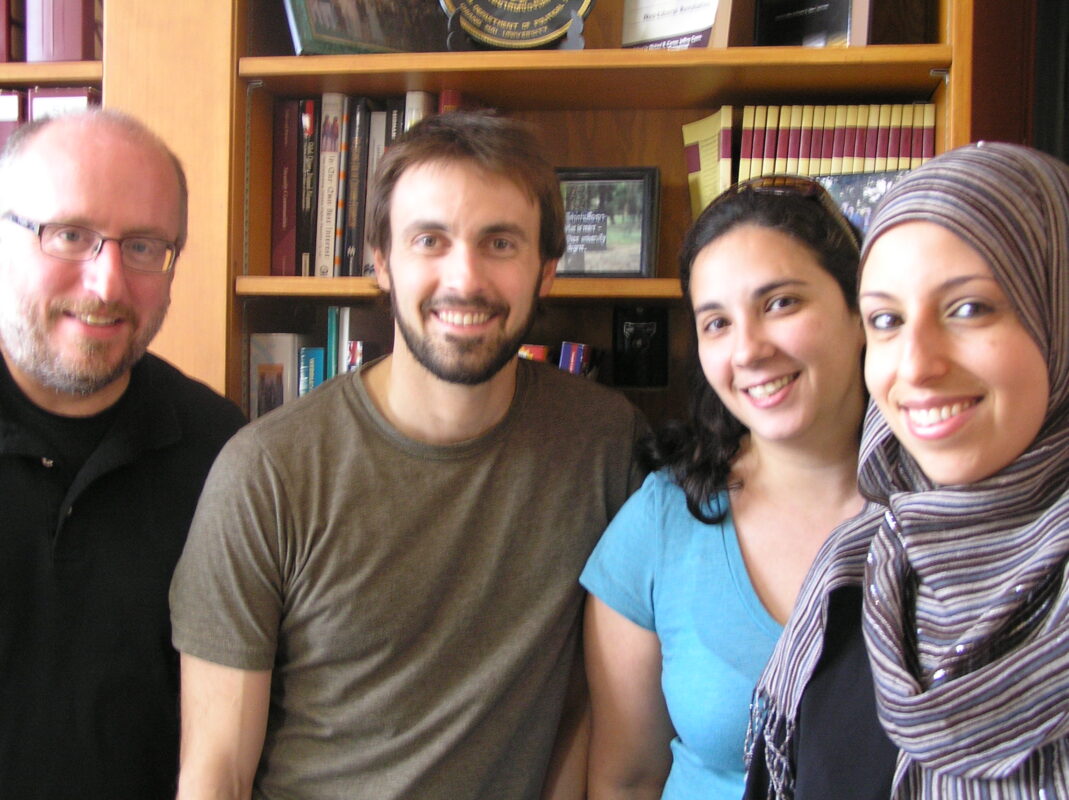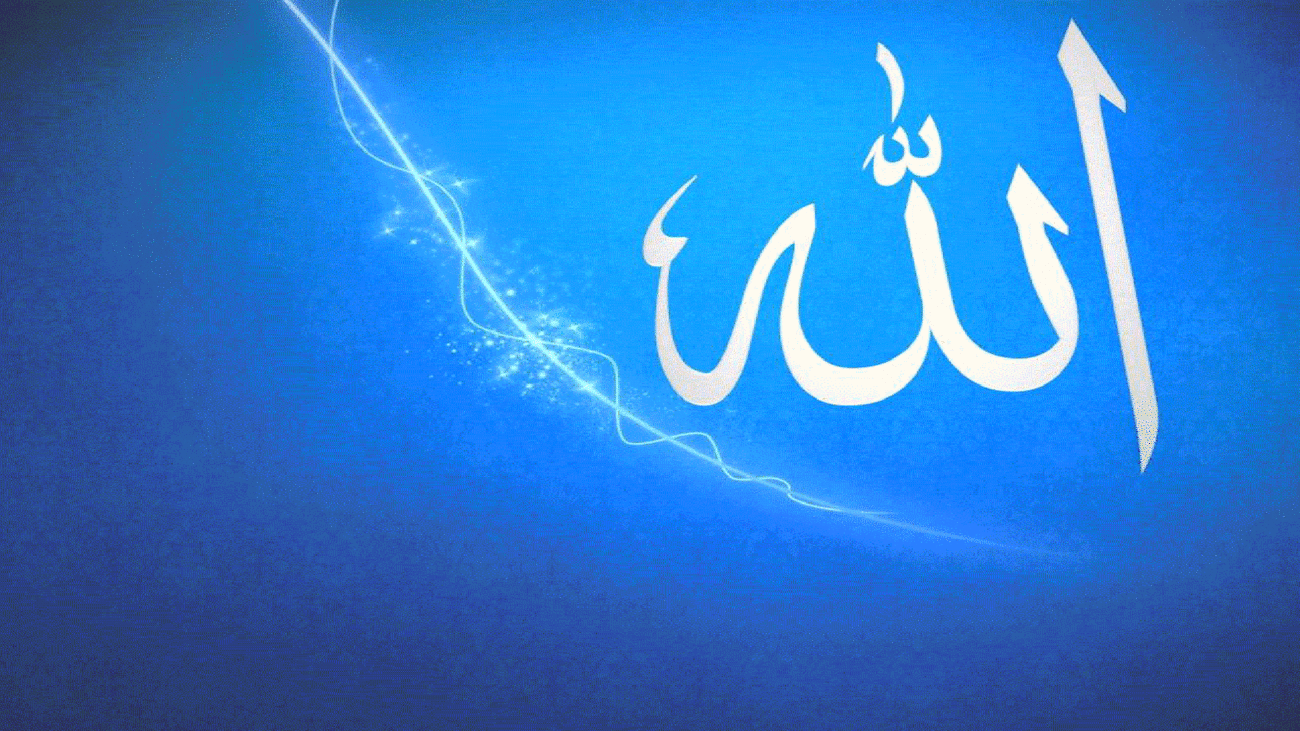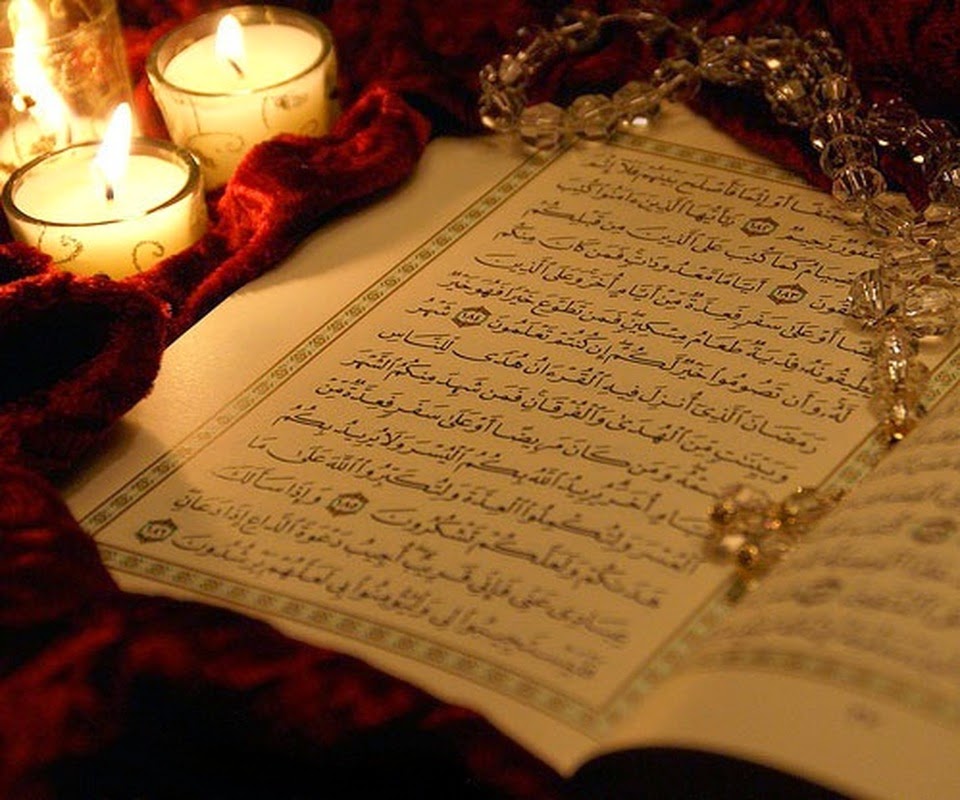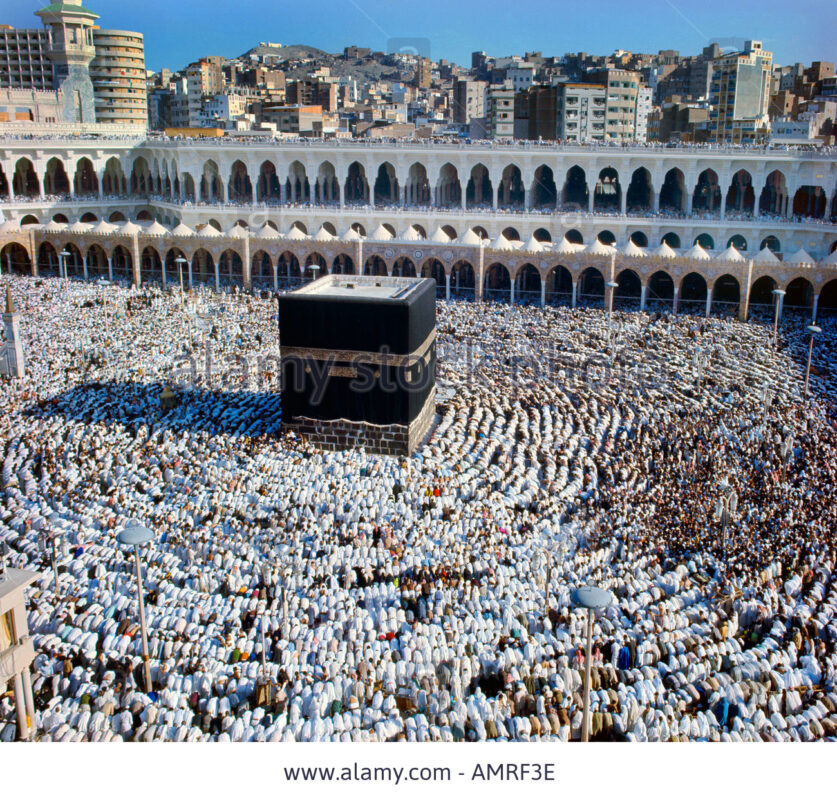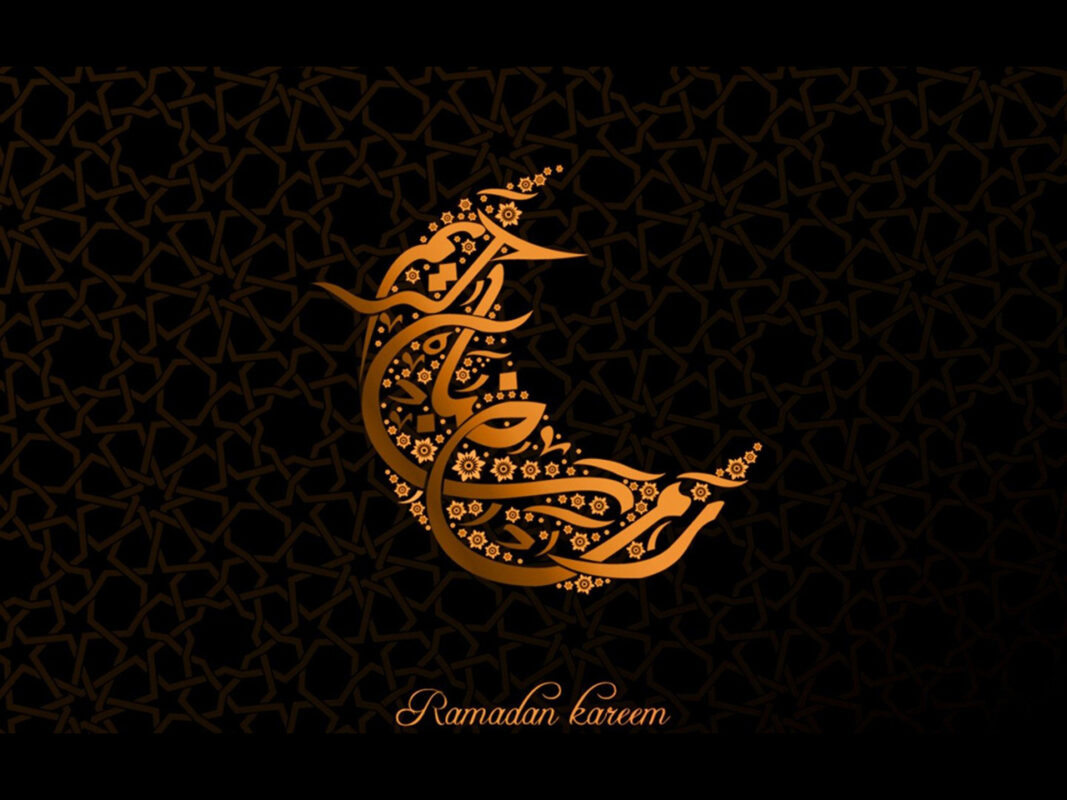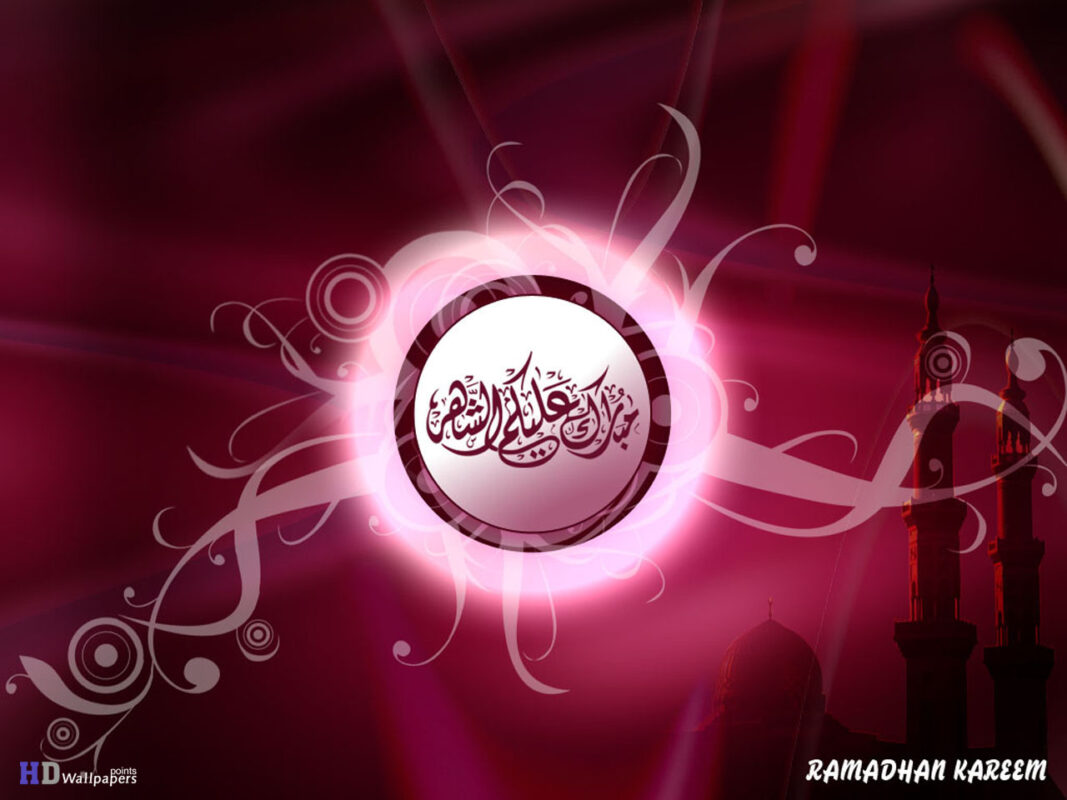I. Muhammad (pbuh) prophesised in Bhavishya Purana
“A malecha (belonging to a foreign country and speaking a foreign language) spiritual teacher will appear with his companions.
The Prophecy clearly states:
He will belong to Arabia.
Special mention is made of the companions of the Prophet, i.e. the Sahabas. No other Prophet had as many companions as Prophet Muhammad (pbuh).
“And thou (standest) on an exalted standard of character”
[Al-Qur’an 68:4]|
“Ye have indeed in the Messenger of Allah, a beautiful pattern (of conduct)”.
[Al-Qur’an 33:21]
He will kill the devil, i.e. abolish idol worship and all sorts of vices.
The Prophet will be given protection against his enemy.
The Prophet did not physically take a bath in the Panchgavya and the water of Ganges. Since the water of Ganges is considered holy, taking bath in the Ganges is an idiom, which means washing away sins or immunity from all sorts of sins. Here the prophecy implies that Prophet Muhammad (pbuh) was sinless, i.e. Maasoom.
According to Bhavishya Purana in the Pratisarag Parv III Khand 3 Adhay 3 Shloka 10 to 27 Maharishi Vyas has prophesised:
The Prophecy states that:
Arya Dharma is not found in that land.
The Indian Raja need not go the Arab land since his purification will take place in India after the musalmaan will arrive in India.
He will only eat lawful things and animals but will not eat pork. The Qur’an confirms this in no less than 4 different places:
In Surah Al-Baqarah chapter 2 verse 173
In Surah Al-Maidah chapter 5 verse 3
In Surah Al-Anam chapter 6 verse 145
In Surah Al-Nahl chapter 16 verse 115
“Forbidden to you for food are dead meat, blood, flesh of swine, and that on which hath been invoked the name of other than Allah”.
They will not purify with grass like the Hindus but by means of sword they will fight their irreligious people.
They will be called musalmaan.
They will be a meat-eating nation.
The eating of herbivorous animals is confirmed by the Qur’an in Surah Maidah, chapter 5 verse 1 and in Surah Muminun chapter 23 verse 21
According to Bhavishya Purana, Parv – III Khand 1 Adhay 3 Shloka 21-23:
The Qur’an confirms this in Surah Taubah chapter 9 verse 33 and in Surah Al Saff chapter 61 verse 9:
“It is He who hath sent His Messenger with Guidance and the Religion of Truth, to proclaim it over all religion, even though the Pagans may detest (it)”.
A similar message is given in Surah Fatah chapter 48 verses 28 ending with, “and enough is Allah as a witness”.
II. Prophet Muhammad (pbuh) Prophesised in Atharvaveda
In the 20th book of Atharvaveda Hymn 127 Some Suktas (chapters) are known as Kuntap Sukta. Kuntap means the consumer of misery and troubles. Thus meaning the message of peace and safety and if translated in Arabic means Islam.
“The first house (of worship) appointed for men was that at Bakkah (Makkah) full of blessings and of guidance and for all kinds of beings”. Thus Kuntap stands for Makkah or Bakkah.
Several people have translated these Kuntap Suktas like M. Bloomfield, Prof. Ralph Griffith, Pandit Rajaram, Pandit Khem Karan, etc.
The main points mentioned in the Kuntap Suktas i.e. in Atharvaveda book 20 Hymn 127 verses 1-13 are:
Mantra 1
He is Narashansah or the praised one (Muhammad). He is Kaurama: the prince of peace or the emigrant, who is safe, even amongst a host of 60,090 enemies.
Mantra 2
He is a camel-riding Rishi, whose chariot touches the heaven.
Mantra 3
He is Mamah Rishi who is given a hundred gold coins, ten chaplets (necklaces), three hundred good steeds and ten thousand cows.
Mantra 4
Vachyesv rebh. ‘Oh! ye who glorifies’.
The Sanskrit word Narashansah means ‘the praised one’, which is the literal translation of the Arabic word Muhammad (pbuh).
The Sanskrit word Kaurama means ‘one who spreads and promotes peace’. The holy Prophet was the ‘Prince of Peace’ and he preached equality of human kind and universal brotherhood. Kaurama also means an emigrant. The Prophet migrated from Makkah to Madinah and was thus also an Emigrant.
He will be protected from 60,090 enemies, which was the population of Makkah. The Prophet would ride a camel. This clearly indicates that it cannot be an Indian Rishi, since it is forbidden for a Brahman to ride a camel according to the Sacred Books of the East, volume 25, Laws of Manu pg. 472. According to Manu Smirti chapter 11 verse 202, “A Brahman is prohibited from riding a camel or an ass and to bathe naked. He should purify himself by suppressing his breath”.
He is given 100 gold coins, which refers to the believers and the earlier companions of the Prophet during his turbulent Makkan life. Later on due to persecution they migrated from Makkah to Abysinia. Later when Prophet migrated to Madinah all of them joined him in Madinah.
[Al-Qur’an 48:29]
This mantra calls the Prophet as Rebh which means one who praises, which when translated into Arabic is Ahmed, which is another name for the Holy Prophet (pbuh).
Battle of the Allies described in the Vedas.
It is mentioned in Atharvaveda Book XX Hymn 21 verse 6, “Lord of the truthful! These liberators drink these feats of bravery and the inspiring songs gladdened thee in the field of battle. When thou renders vanquished without fight the ten thousand opponents of the praying one, the adoring one.”
This Prophecy of the Veda describes the well-known battle of Ahzab or the battle of the Allies during the time of Prophet Muhammed. The Prophet was victorious without an actual conflict which is mentioned in the Qur’an in Surah Ahzab:
“When the believers saw the confederate forces they said, “This is what Allah and His Messenger had promised us and Allah and His Messenger told us what was true.” And it only added to their faith and their zeal in obedience.”
[Al-Qur’an 33:22]
The Sanskrit word karo in the Mantra means the ‘praying one’ which when translated into Arabic means ‘Ahmed’, the second name of Prophet Muhammed (pbuh).
The 10,000 opponents mentioned in the Mantra were the enemies of the Prophet and the Muslims were only 3000 in number.
The last words of the Mantra aprati ni bashayah means the defeat was given to the enemies without an actual fight.
The enemies’ defeat in the conquest of Makkah is mentioned in Atharvaveda book 20 Hymn 21 verse no 9:
“You have O Indra, overthrown 20 kings and 60,099 men with an outstripping Chariot wheel who came to fight the praised one or far famed (Muhammad) orphan.”
The population of Makkah at the time of Prophet’s advent was nearly 60,000
There were several clans in Makkah each having its own chief. Totally there were about 20 chiefs to rule the population of Makkah.
An Abandhu meaning a helpless man who was far-famed and ‘praised one’. Muhammad (pbuh) overcame his enemies with the help of God.
III. Muhammad (pbuh) prophesised in the Rigveda
A similar prophecy is also found in Rigveda Book I, Hymn 53 verse 9:
IV. Muhummad (pbuh) is also prophesised in the Samveda
Prophet Muhammad (pbuh) is also prophesised in the Samveda Book II Hymn 6 verse 8:
“Ahmed acquired from his Lord the knowledge of eternal law. I received light from him just as from the sun.” The Prophecy confirms:
Prophet was given eternal law, i.e. the Shariah.
“We have not sent thee but as a universal (Messenger) to men, giving them glad tidings and warning them (against sin), but most men understand not.”
[Al-Qur’an 34:28]

